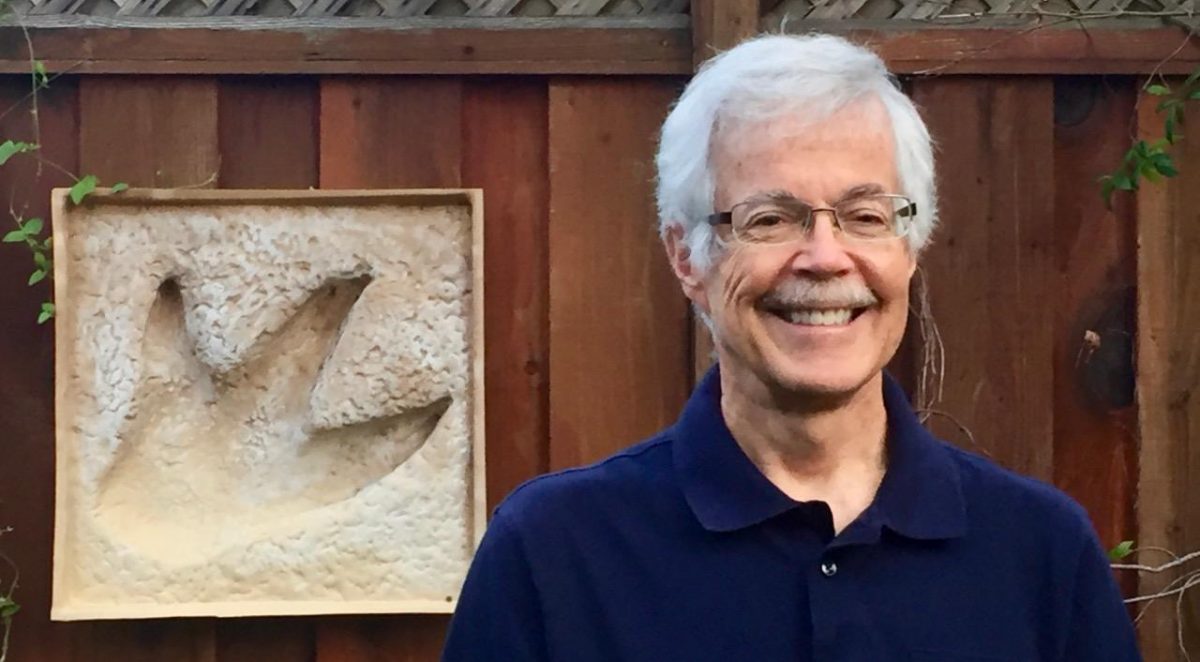Guido Núñez-Mujica
April 15, 2018
Venezuela is currently going through the worst crisis of its history. People are starving, dying of malnutrition, medicines are scarce, crime is overwhelming and ubiquitous, hospitals are dirty places where people die in agonizing pain from curable and preventable diseases. How could this happen to the country with the largest reserves of oil in the world?
Ideological zealotry, dismissing expert knowledge, wishful thinking, promoting pseudoscience and opposing science and evidence were some of the reasons why Venezuelans are starving, and the signs were clear for those who were paying attention rather than looking for a messiah or trying to use local politics to make a point against the US. In this talk, Mr. Núñez-Mujica will discuss some of the early cases of embracing pseudoscience and rejecting evidence, and talk about how oil money was systematically used to dismantle the agricultural and manufacturing sectors, while also being used for political gains.
Guido Núñez-Mujica is a computational biologist, data scientist, and a science communicator. Previous to becoming a Silicon Valley data scientist working for Slice Intelligence, Guido was the founder of Lava-Amp, a healthtech start-up that applied data science to medical diagnostics and epidemiology. His work has been widely featured, including in Nature, Wired, IO9, BoingBoing, and Biotechniques. He is also the subject of a chapter in the book “Biopunk: DIY Scientists Hack the Software of Life” by Marcus Wolhsen.
As a prolific science communicator, educator, and activist, Guido founded the Rational Skeptic Association of Venezuela in 2001, and has been recognized as a TED Fellow and the Cornell Alliance for Science Fellow; he was also awarded a grant from Start-Up Chile, the leading Chilean business accelerator, in 2011 for his entrepreneurial endeavors. Currently, he is the founder of the Salto Project, a nonprofit to help Venezuelans emigrate, and he’s producing a documentary called “Silenced Crops” on the topic of low-cost biotechnology in Venezuela.
Guido holds an interdisciplinary degree in computational and physical sciences, and a licentiate degree in biology from the Universidad de Los Andes, in Venezuela.
After the Forum, please join us for a lunch at 12:30pm. The lunch is complimentary for first-time visitors and students.
RSVP on Meetup here.
Like us on Facebook here.
Follow us on Twitter here.
See videos of our past Forums here.


